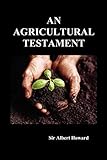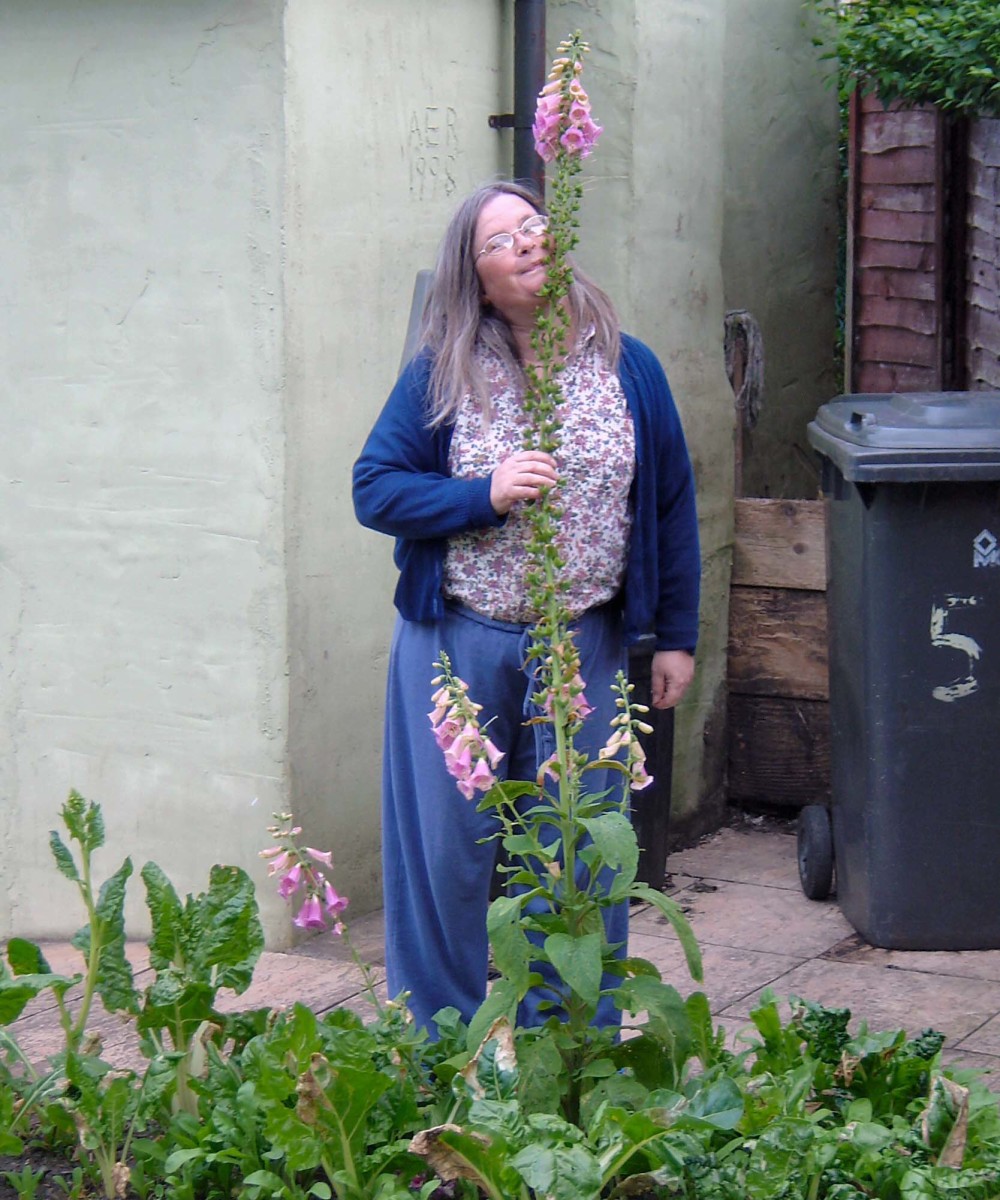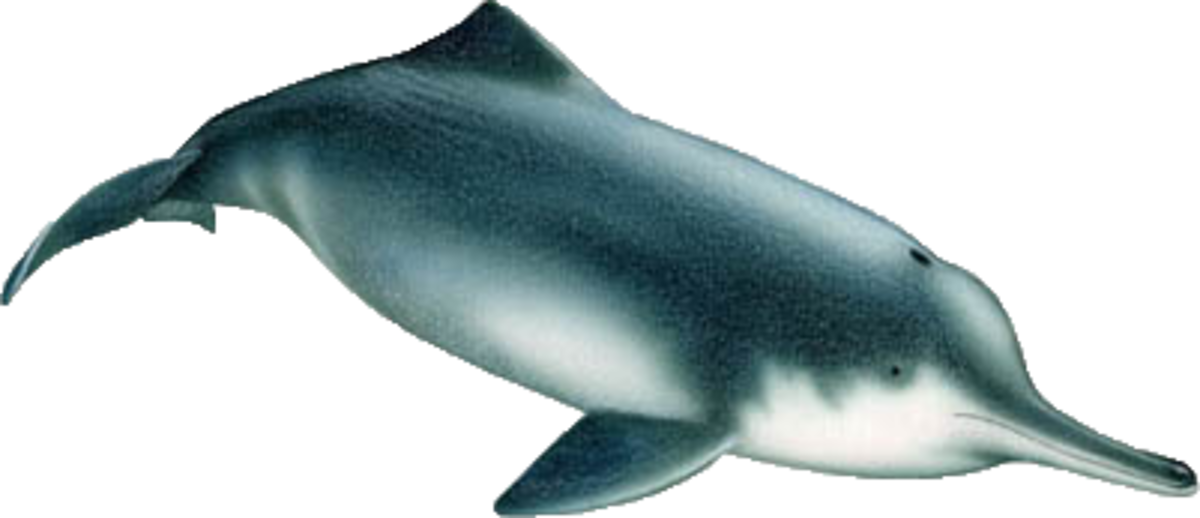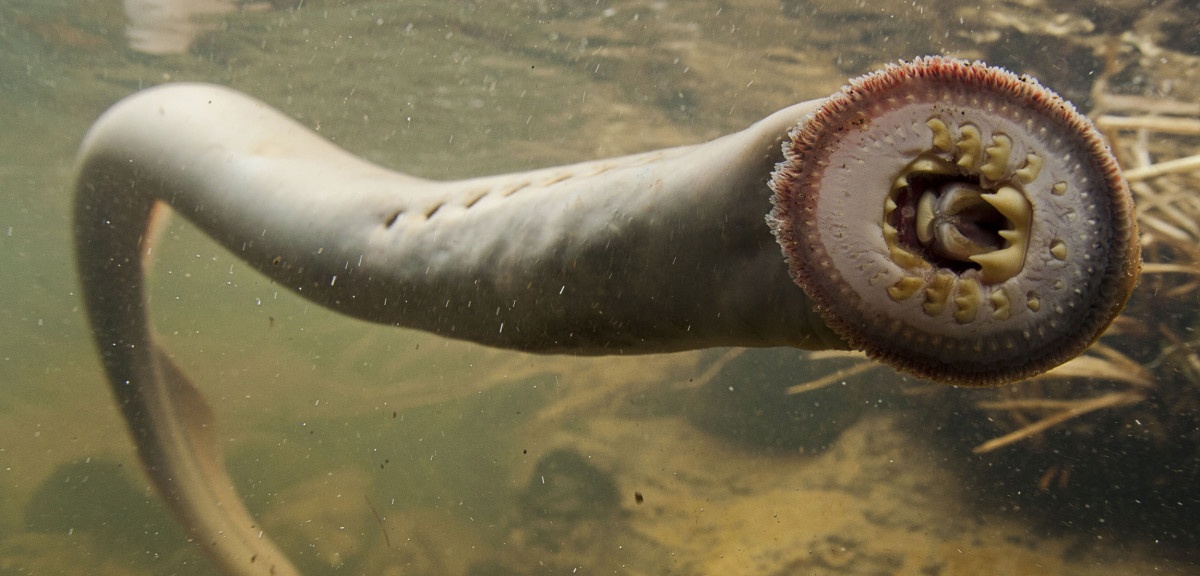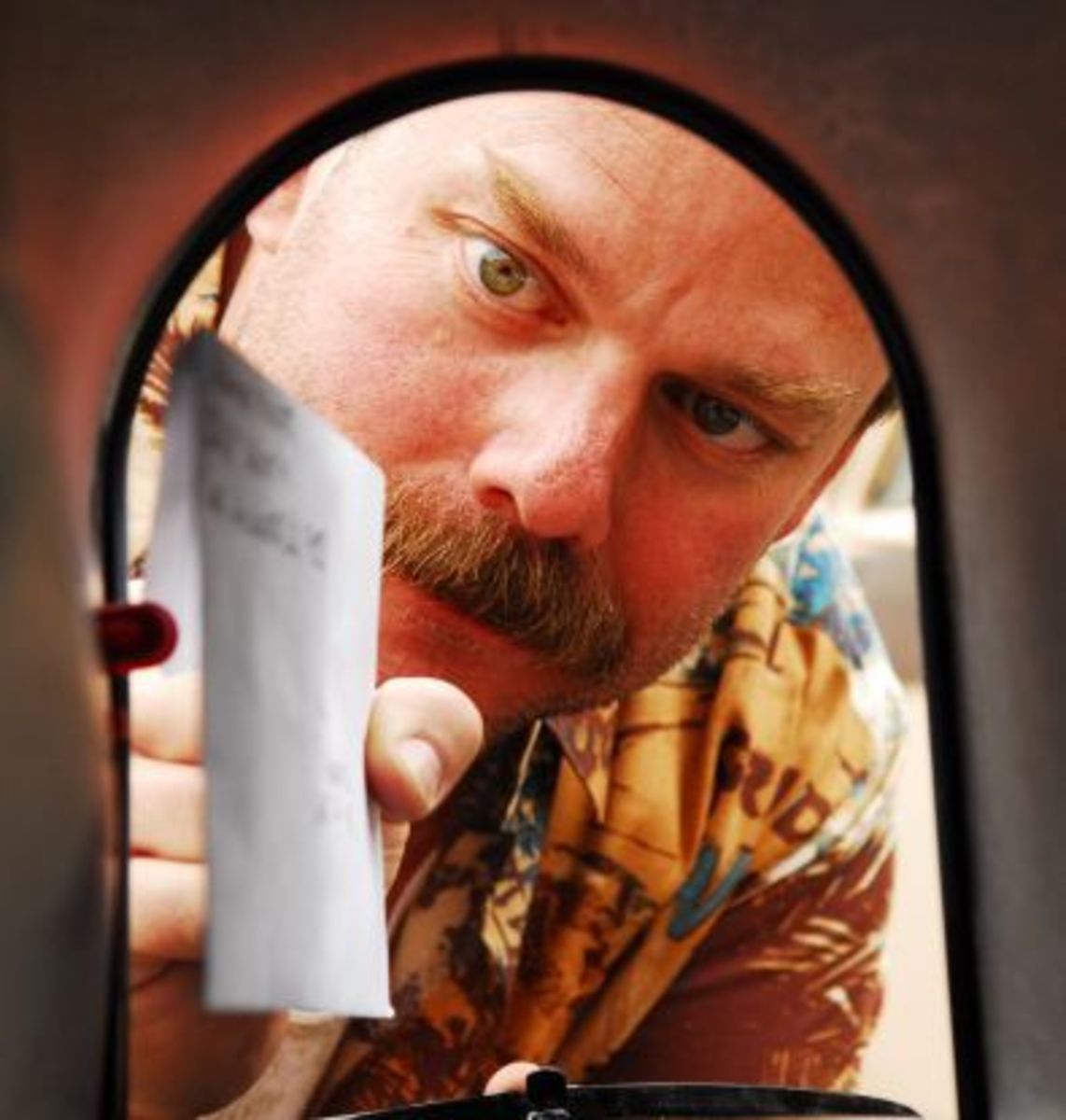Food, our heritage.
let us grow food.
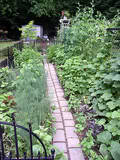
Growing our food.
It is still winter, early March 2012, but the early spring flowers are out in parts of New Jersey and New York City, and hungry gardeners are poring over and absorbing every word in the spring catalogs coming in the mail box. Those of you in more northerly hardiness zones (lower numbers) may still be looking out the window at the snow and wondering if it will ever go away.so you can dig your hands into some soil.
Hopefully, you have been busy sending off for seeds, for you can start the cool weather crops indoors 6-8 weeks before your frost free date. The frost free date is really an approximation of average dates for the start of the spring growing season. This may vary a little even within hardiness zones and from year to year as well, but it gives you a basic window of time when you may start your seeds or the transplanting of your young seedlings.
In my area, zone 5-6, the frost free date is around 30 March -30 April. So within those two dates, it is considered safe to start planting the seeds.
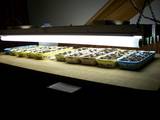
Some Favorite Vegetable Seeds
Grow Organic - seed-starting
Go organic right from the start. Organic seeds are harvested from plants that were not fertilised artificially, sprayed with insecticide or genetically modified to grow bigger faster, mature sooner or produce more abundantly for profit. Treating plants in such ways progressively kills the soil in the process.
Recipe for seed-starting mix, from PAllenSmith.com: 4 parts screened compost, 1 part perlite, 1 part vermiculite, 2 parts sphagnum peat moss &/or coir (the bristly coat of a coconut). For moisture-sensitive seedlings, make a lighter mix by using more moss and less compost.
Place the flats of seeds under growlights for several hours a day, and provide some bottom heat for good, earlier and even germination. Follow the seed packet directions for transplanting. Cool season vegetables like arugula, English peas, beets, carrots and broccoli can be sown directly outside several weeks before the frost free date, while seedlings of kale and cabbage can be transplanted several weeks before the frost free date. If a severe frost is forecast, cover them with a frost blanket and remove it the next morning.
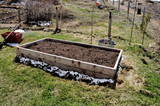
The Planting Bed and Natural Fertilisers
The planting bed should be prepared before sowing or transplanting. If you can, make a twice-dug bed, otherwise use untreated planks or railway ties (if you're lucky to obtain them) to make a raised bed for optimum growth conditions. The soil mix should be 50% garden soil, 25% aged manure and 25% good old free home-made compost, all of which should give your plants a wonderful, deep, friable, rich growing medium for a few months. The depth of the soil heats it up faster, and holds the sun's heat better, and the composition of the soil makes for good drainage and aeration of roots.
Some vegetables, such as cabbage and broccoli, are heavy feeders and need some extra fertilising with compost tea during the growing season. Never resort to artificial fertiliser. Farm chemicals leach into the aquifer, poisoning our water supply and causing various diseases, chief among them, cancer. Autism and Attention Deficit Hyperactive Disorder have been positively linked to the neurotoxic chemicals in pesticides used in agriculture. Organophoshate insecticide chlorpyrifos has been banned for every use in this country but deemed safe for us to ingest. The United States Department of Agriculture says so. Figure that out.
Recipe for compost tea. Mix 10 pounds of mature compost and 10 gallons water in a 40 gallon bucket. Keep bucket away from heat and cold, stir well daily for 5 days. At the end of 5 days, strain compost tea using burlap and use right away to water your plants without further dilution.
Compost tea is an effective, natural low-strength fertilizer for seedlings and plants, and its beneficial bacteria and fungi are suspended in the water in a form readily available to the plants. Make sure the compost you use to make the tea is mature, sweet, earthy-smelling compost. If it smells wet and foul, it is anaerobic and good bacteria cannot live in it. Be aware that compost may contain E. Coli. Practise strict hand washing after touching, and do not apply the compost tea to vegetables within 3 weeks of harvest.
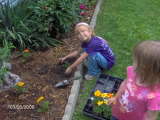
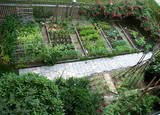
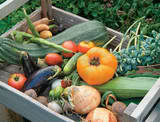
The growing season and natural pest control
There is such a satisfaction to producing organic food and embracing healthy eating. The organic garden, through its adoption of age-old practices of agriculture, produces higher yields than conventional gardening. The organic gardener works with nature instead of against it. Insect pests are controlled by beneficial insects and by companion planting. Oftentimes, the larger pests can be handpicked or shaken into soapy water.
By planting lots of flowers in or near the vegetable garden, we attract and keep colonies of beneficial insects like ladybugs and lacewings. Both these insects feed on nectar and pollen, but their voracious larvae happily chomp up aphids, thrips, scales, moth eggs, small caterpillars and mites.
Japanese beetles, which skeletonise leaves and kill plants, especially roses and grapes, can be controlled by parasitic nematodes, which prey on their larvae. The adult beetles can be shaken off their perch into containers of soapy water and drowned.
The yucky slimy slug loves the fermenting yeast in beer and will happily drown itself in a shallow container of beer in the ground. But diatomaceous earth is the best killer of slugs. It is extremely sharp and as the slug moves over it, cuts its body and the slug dies of dehydration.
The organic garden, through companion planting and beneficial insects, natural fertilizers and raised bed cultivation, precludes and excludes all use of harmful chemicals. The raised bed cultivation and practice of mulching control weeds and conserves water. And at the end of the season, the used plants are composted and returned to the soil to renew it. There is a constant cycle of renewal as there should be if we work with nature. We put back into the soil what we take from it to grow our food.,
This method of producing food may be more labor intensive than GMO farming, but it provides healthy jobs, saves money on chemical fertilizers and pesticides and saves on fuel used by large farm vehicles. And it saves our soil and the environment and is the only sustainable way of feeding ourselves. It is more important than ever to demand organic in order to protect our health and heal our planet. The large agribusinesses have plundered our earth for too long, laying waste to it and causing human and animal diseases. They must be stopped. The only way is by buying and eating organic and boycotting their genetically-altered products.
Important Books
An Agricultural Testament
80 years ago, a very wise and dedicated agriculturist, Sir Albert Howard, wrote this book, a forewarning to us in our time, that if we destroy the fertility of the soil by modern farming techniques, we shall be the losers. All our wealth now and in future generations is tied up in the soil. Protecting the fertility of the soil is the only way for any meaningful system of agriculture.
This book is what influenced J.I. Rodale in 1942 to buy a farm, practise organic farming and propagate the practice of chemical-free gardening to the world with his printing press and Rodale's Organic Farming and Gardening. And he has been one of the greatest influences in the return to and the preservation of organic gardening. The beacon has been passed on to his son, Robert, and now to his grand-daughter, Maria
This same book also influenced Prince Charles, an avid and influential conservationist, to give organic gardening a go. The Prince is a brave voice for protecting our earth, against large wealthy businesses bent on destroying it in the name of profit. Last year, the Prince came to America to address a large audience in Georgetown University, sponsored by the Washington Post.. He gave a stirring, thought-provoking speech on The Future of Food, reiterating the truism that healthy food begins with healthy soil.
A group of writers and publishers, Maria Rodale among them, were so moved by the Prince's passionate and hopeful call to action they they decided to make a book of his speech. And after a lot of work, they produced a 48 page booklet, called 'The Prince's Speech'. Anyone who believes in sustainable farming practices should get a copy. This is a speech from the heart.
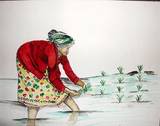
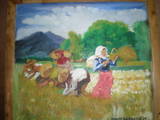
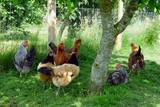
Growing Food in Asia
Rice is grown in at least 114 countries. Asian farmers grow 90 % of the global total, with China and India growing more than half of that. The top exporters are Thailand, Vietnam, India, USA and Pakistan in order of volume.
Half of the world's population, mostly in Asia, plant rice as the staple food. Rice paddies are an integral part of the landscape in countries like Bali, Thailand and southern India. Rice is more precious than jewels in Chinese culture. Rice was found in Neolithic ruins in Zhejiang Province, proving that China was the earliest culture ever to cultivate rice
In many communities, there is a goddess or mother figure associated with rice and they pray to her for a good rice harvest every year. Unfortunately, governments are interfering in the traditional growing of rice, with disastrous results in India. In the Varada River belt, which has ferocious flooding annually, the people have been saved from famine by a heritage rice seed called Nereguli, which can lie submerged for weeks, even months, without dying but grows fast once the water recedes. The government, attempting to increase yield , are forcing genetically altered hybrids on the farmers. These hybrids drown when the rice paddies get flooded. And if the heritage rice is exterminated by government practice, there will be widespread famine. So why does the government keep pushing this GMO rice on the people? Is someone being paid?
By and large, agriculture in rural Asia is still the small scale, small-holding organic type, though there too, scientists will always find some way to interfere with nature.
Meat and chicken and fish. As with vegetables, we should insist on organic grass-fed meat, free-range chicken and wild fish. With all the hormones and antibiotics fed to animals in agribusiness and fish in captivity, it is absolutely horrendous to contemplate what the meat we consume is doing to our bodies, especially to young growing bodies of children.
The USDA does not require labeling of meat and chicken fed on grains, hormones and antibiotics in feedlots. The only way to ensure we get organic meat from animals allowed to roam in the fields is to buy organic-labeled meat.
Perhaps we should all attempt to grow our own produce. According to Organic Gardening, this is what you could get from your 1/4 acre backyard homestead: 2000 pounds vegetables, 1400 eggs, 60 pounds fruit. Those of us who have no private land, could apply to the city fathers for an allotment to let us grow food. Perhaps if enough people show the city government that locally grown organic food will ultimately reduce the city's medical bills because people will be healthier, they might see the wisdom of letting us grow our own food.

![SavHome Ultrasonic Pest Repeller [2018 Upgraded] Eletronic Pest Control Repellent Plug in - Insects Repellent - Repels Mice, Bed Bugs, Mosquitoes, Spiders - Human/Pet Safe (2 Packs) (2 Pack)](https://m.media-amazon.com/images/I/51KsHnNKJ2L._SL160_.jpg)

